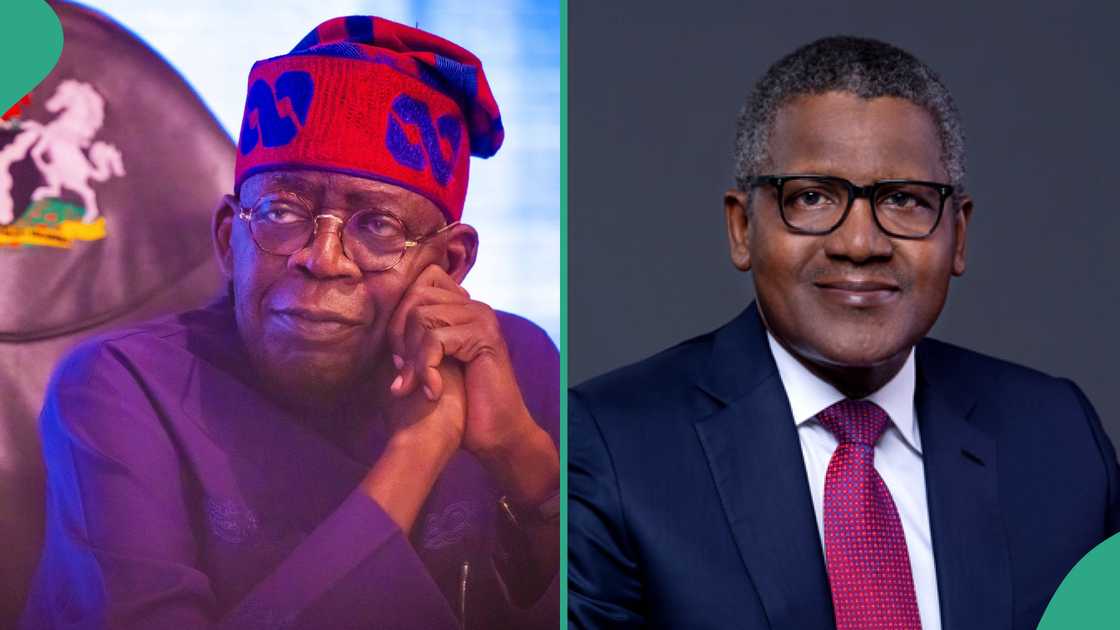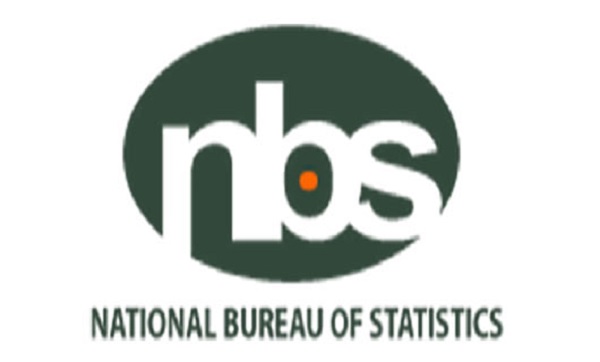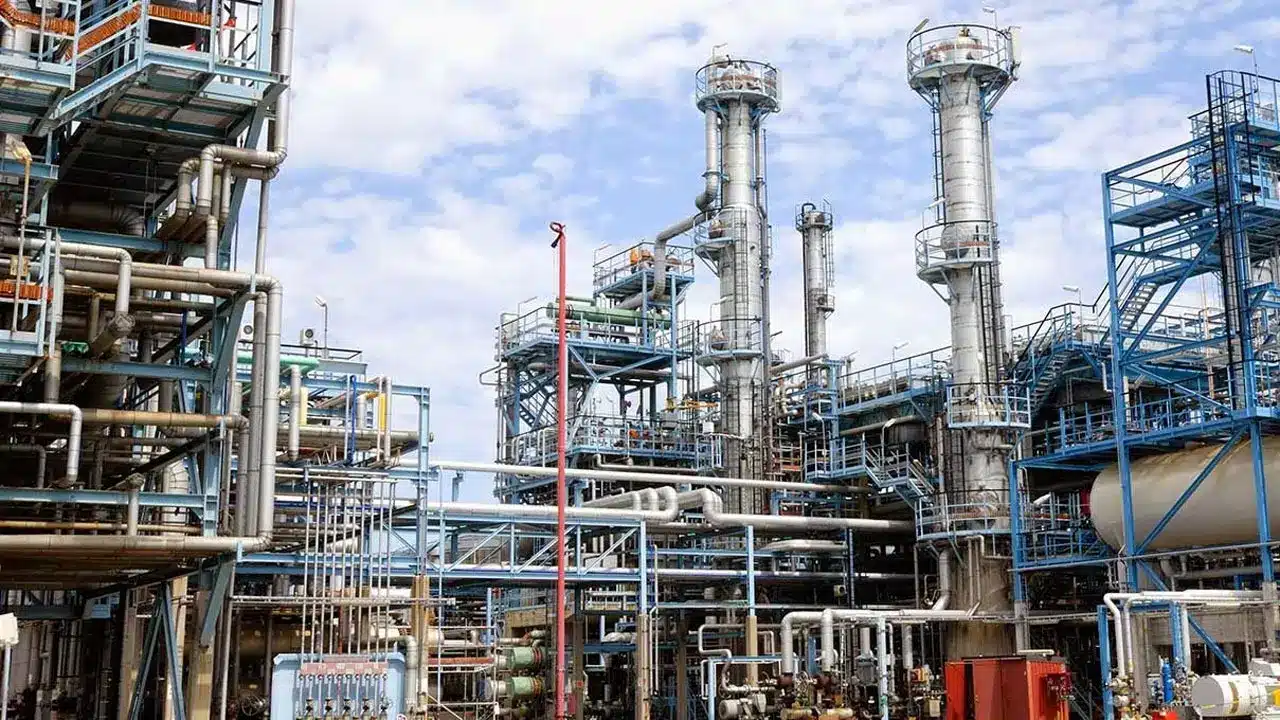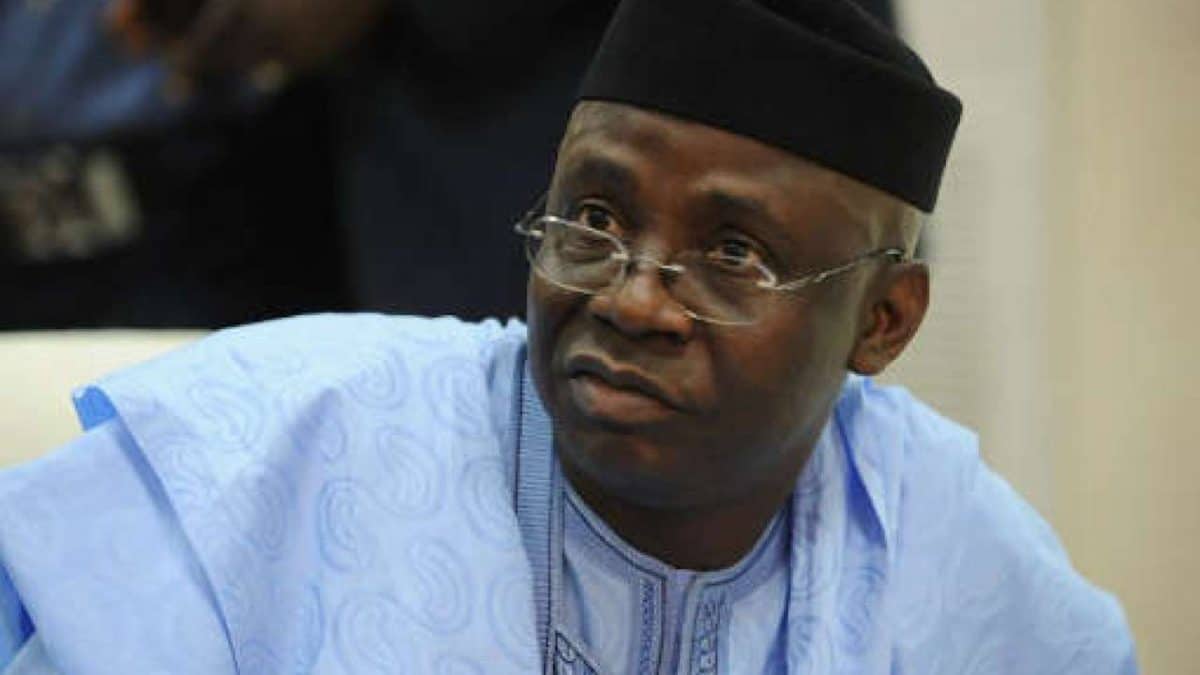- Nigeria will use the local currency exchange rate in its external market to fix crude sales to the Dangote refinery in Africa
- According to sources, Aliko Dangote's large oil refinery will employ the Nafem window's closing rate set by the central bank
- The goal of the crude for naira initiative is to increase gasoline supply to the domestic market while easing pressure on the local currency
Legit.ng journalist Zainab Iwayemi has over 3-year-experience covering the Economy, Technology, and Capital Market.
Nigeria has decided to fix crude sales to Africa's largest and newest oil refinery using the local currency's rate in its external market.

Source: UGC
Bloomberg reported that this is amid concerns that the country would set below-market naira values for the transactions.
New oil price
According to three people with knowledge of the negotiations, the refinery owned by Aliko Dangote will use the closing rate in the central bank's Nafem window—a foreign exchange trading platform for investors, exporters, and end users—to pay the local currency equivalent of the current international benchmark price of oil.
The Nigerian government stated that this is a part of an agreement that went into effect on October 1 to provide the refinery with 650,000 barrels of crude oil per day.
The government has avoided a reversion to the previous exchange rate system, which in part put pressure on the naira and increased inflation on imported products, by taking this action.
Crude for naira deal
To ensure the refinery met the nation’s aspirations, a committee headed by Finance Minister Wale Edun reached a deal for the first-ever sale of crude in naira to the plant.
This was to reduce pressure on the local currency and boost the supply of gasoline to the domestic market.
However, after Dangote stated that the Edun committee would choose an "agreed" foreign exchange rate for the deal and also fix the price at which he would sell his gasoline, the arrangement with the Dangote refinery aroused concerns that the government was ready to backtrack on its currency reforms.
A source, who wished to remain anonymous claimed that the central bank had resisted efforts to fix a rate for the transaction.
Representatives from the Central Bank of Nigeria and the Dangote refinery declined to comment.
Petrol price may go up
The state-owned Nigeria National Petroleum Corp. has also signaled that it plans to end its role as the sole domestic buyer of the billionaire’s gasoline, paving the way for other retailers to negotiate with the Lagos plant as the government moves toward full deregulation of the market. That will likely see pump prices that rose 45% in September go up again.
The refusal to also fix petrol prices from the refinery may result in an effective end to subsidy payments on the fuel that totaled about $10 billion in 2022.
FG speaks on more stake in local refinery
Legit.ng reported that Heineken Lokpobiri, the minister of state for petroleum resources (oil), has recommended that the Nigerian National Petroleum Company Limited invest in regional refineries rather than operating government-owned ones.
Lokpobiri stated this at the inaugural meeting of the Crude Oil Refineries Owners Association of Nigeria in Lagos on Tuesday, October 8, 2024.
In his speech, the oil minister stated that the federal government intends to encourage the national oil firm to acquire shares in the planned and existing private refineries instead of operating them.
PAY ATTENTION: Сheck out news that is picked exactly for YOU ➡️ find the “Recommended for you” block on the home page and enjoy!
Source: Legit.ng









![[Just In] PH Refinery: Nigerians Deserve Clarity, Reduction In Petrol Prices – Peter Obi To NNPC](https://www.naijanews.com/wp-content/uploads/2024/10/jigawa4-768x576-1.jpeg)






 English (US) ·
English (US) ·